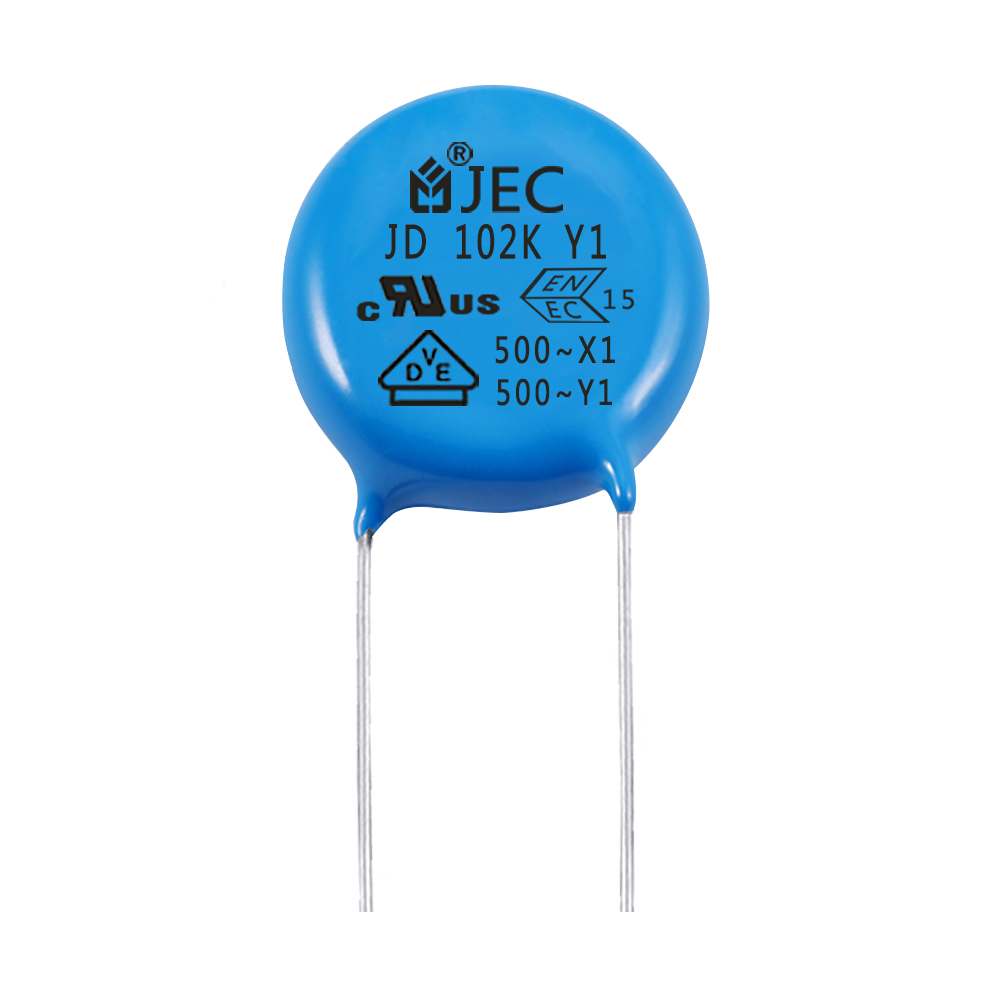Ceramic capacitors are important electronic components used in electronic products. They utilize ceramics with high dielectric constants as the dielectric material, which is sintered at high temperatures to form capacitors in the shape of circular disks. These capacitors possess characteristics such as high dielectric constant, high voltage resistance, low loss, and compact size, making them widely applicable in various circuits and electronic products.
Based on different ceramic materials, ceramic capacitors can be divided into two categories: low-frequency ceramic capacitors and high-frequency ceramic capacitors. They can also be classified structurally into various types, including circular capacitors, tubular capacitors, rectangular capacitors, wafer capacitors, and core-penetrating capacitors.
Due to differences in classification and specifications, it is important to choose the appropriate ceramic capacitor for electronic products and specific applications. Inappropriate use of ceramic capacitors may lead to quality issues or damage to electronic products.
During usage, it is crucial to ensure that the voltage applied to electronic components does not exceed their specified range. Exceeding this range may result in component overvoltage, leading to damage and potential accidents.
What is overvoltage? How does the use of ceramic capacitors cause overvoltage?
Overvoltage is a common occurrence in power systems and electronic devices, caused by voltage exceeding the normal operating voltage range of the equipment or circuit, leading to device damage and accidents.
Formation of overvoltage:
Overvoltage may be caused by various factors. In power systems, it could be due to transient voltage spikes caused by lightning, operational errors, equipment faults, or other abnormal conditions. In electronic devices, overvoltage may occur due to unstable power sources, component aging, or poorly designed circuits.
Harm caused by overvoltage in ceramic capacitors:
Damage to ceramic capacitor capacitance:
Overvoltage can damage the insulation material inside ceramic capacitors, leading to failure and a decrease in circuit performance. It may also result in the entire circuit system becoming dysfunctional.
Fire hazards:
If overvoltage causes a short circuit in ceramic capacitors, it may lead to a fire. Especially in high-temperature and high-humidity environments, the heat and sparks generated by a short circuit could ignite surrounding flammable materials, causing a fire accident.
Endangering personal safety:
Overvoltage may pose a risk of electric shock to individuals. Particularly during maintenance or replacement of circuit components, there is a risk of electric shock to maintenance personnel.
Whether it’s ceramic capacitors or other electronic components, overvoltage can cause harm, so it is essential to follow proper usage guidelines when using electronic components.
This article is provided by JYH HSU Electronics, a manufacturer of electronic components such as capacitors and resistors.
Post time: Nov-24-2023

